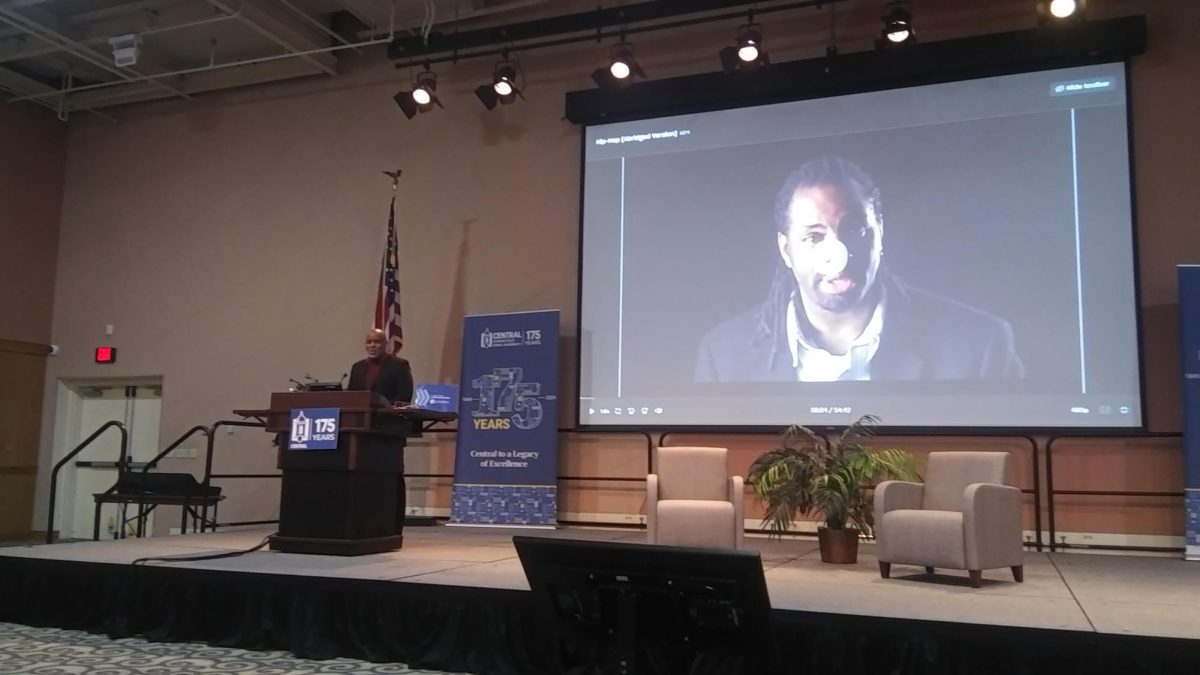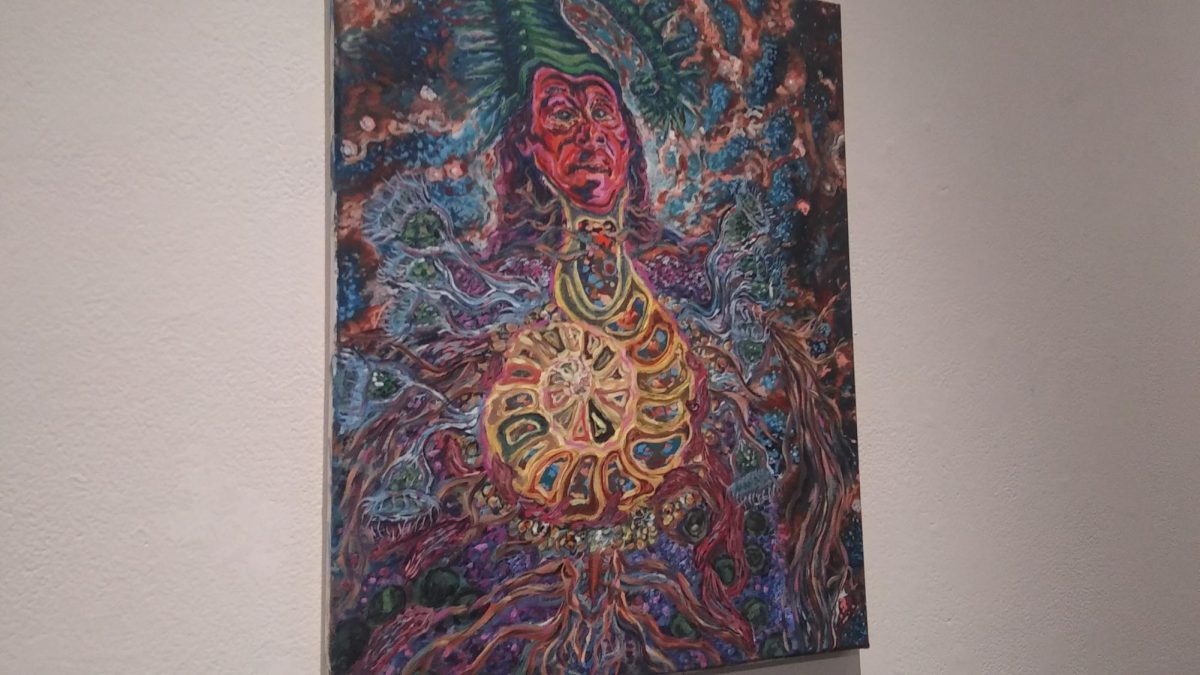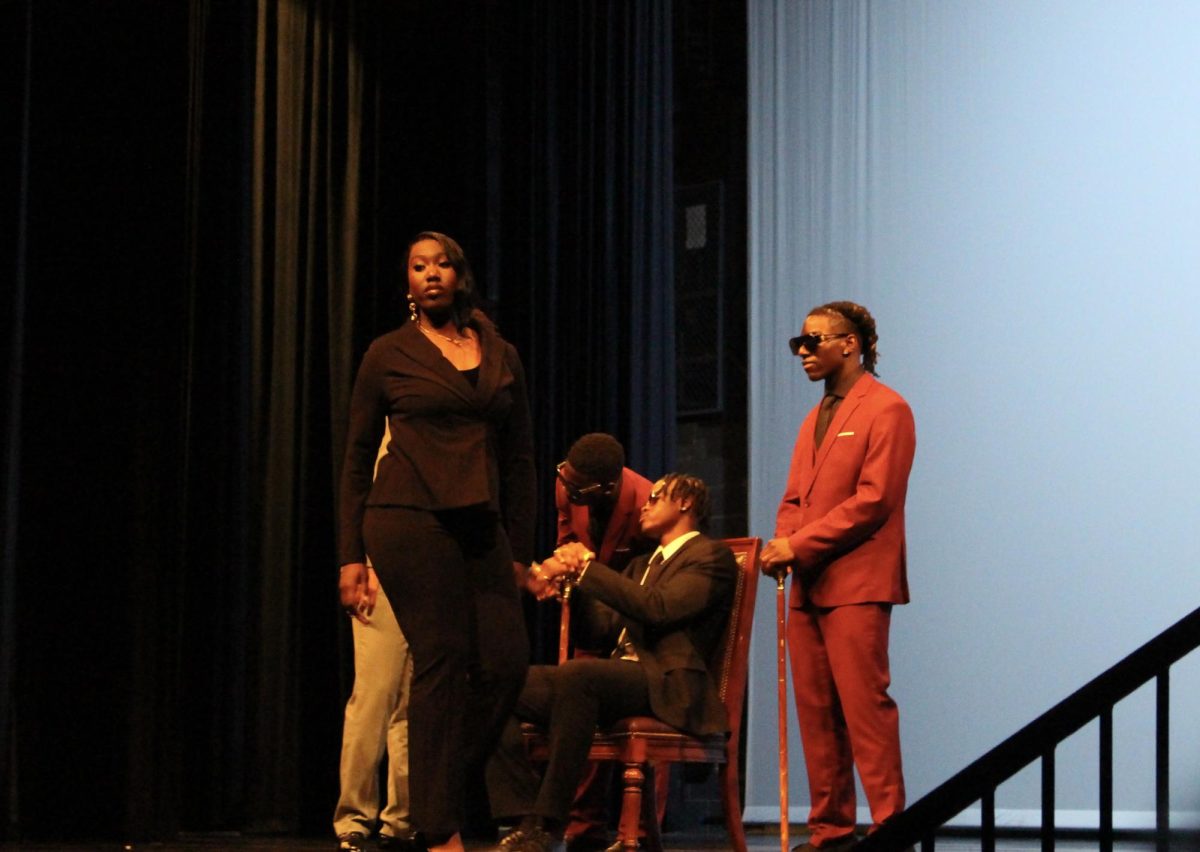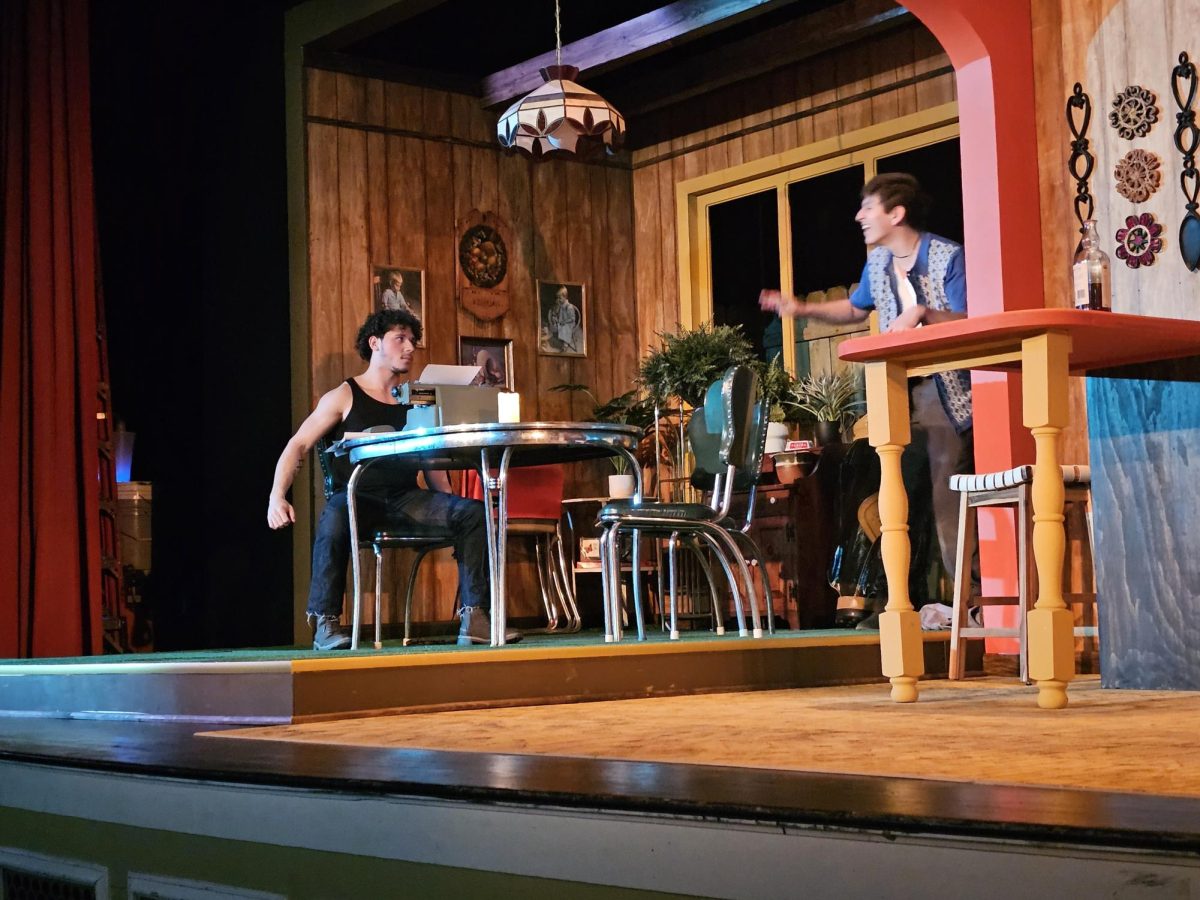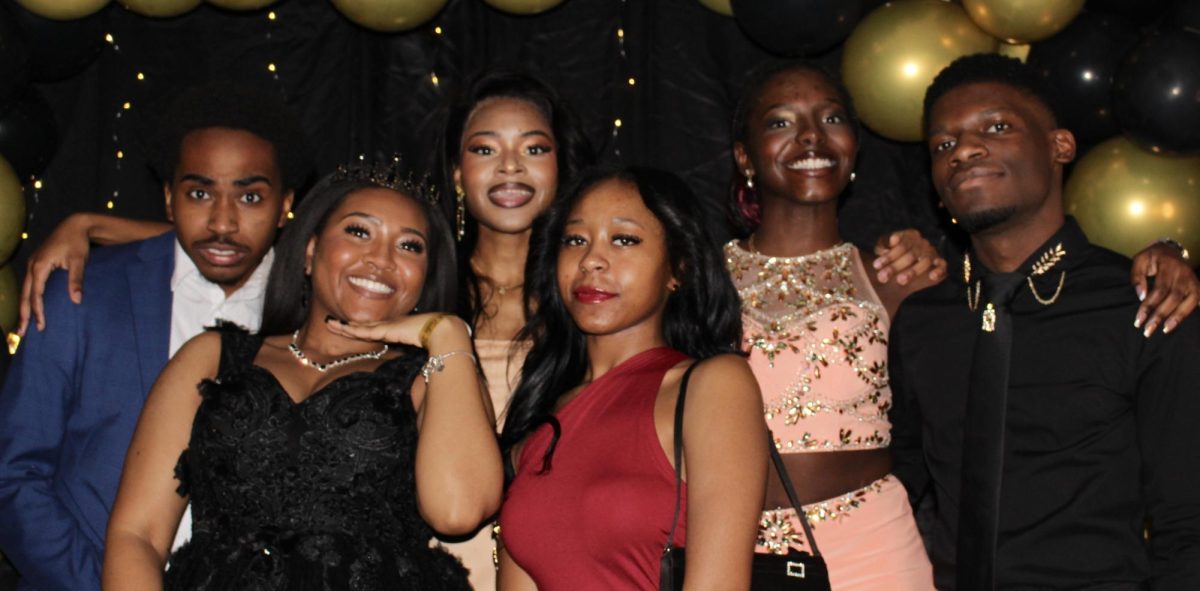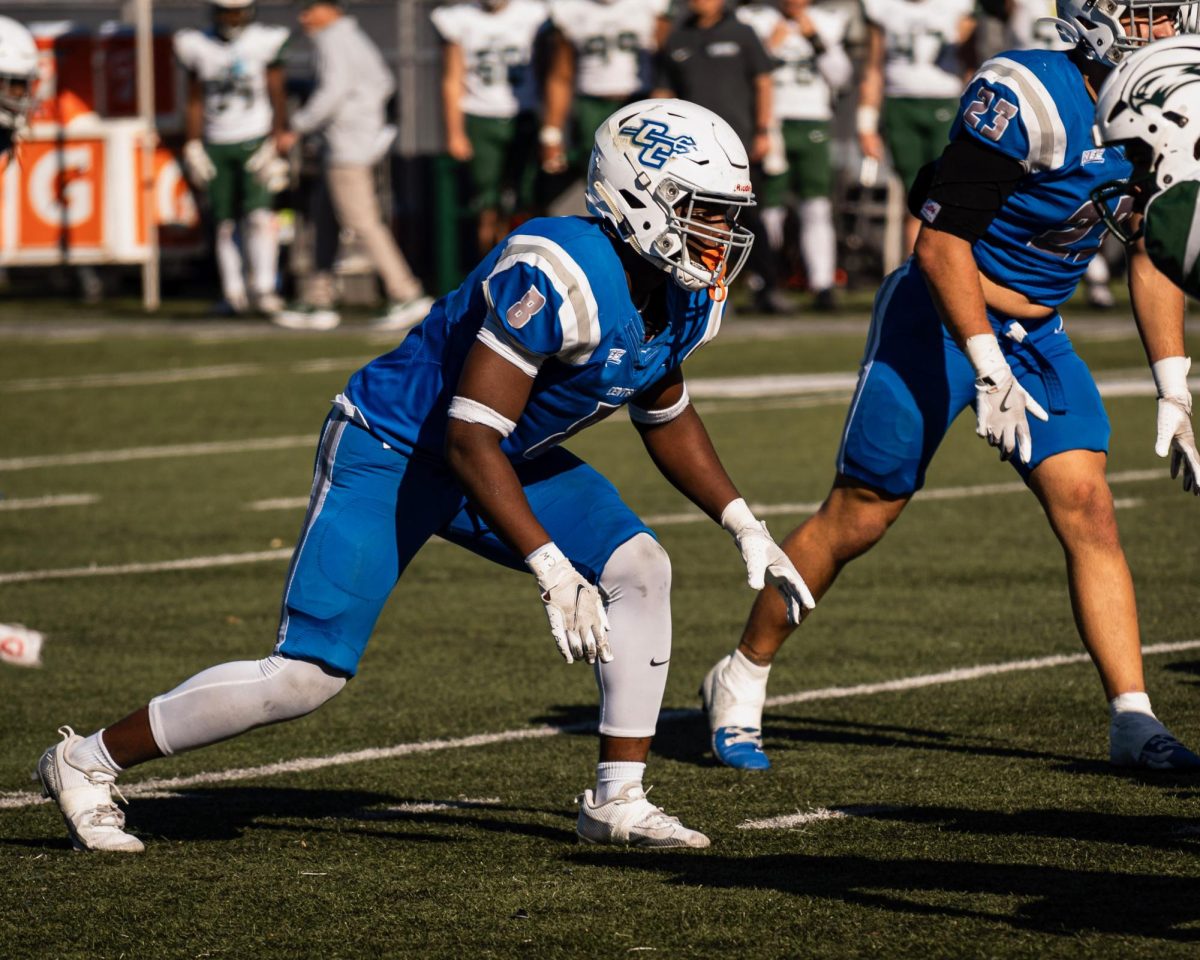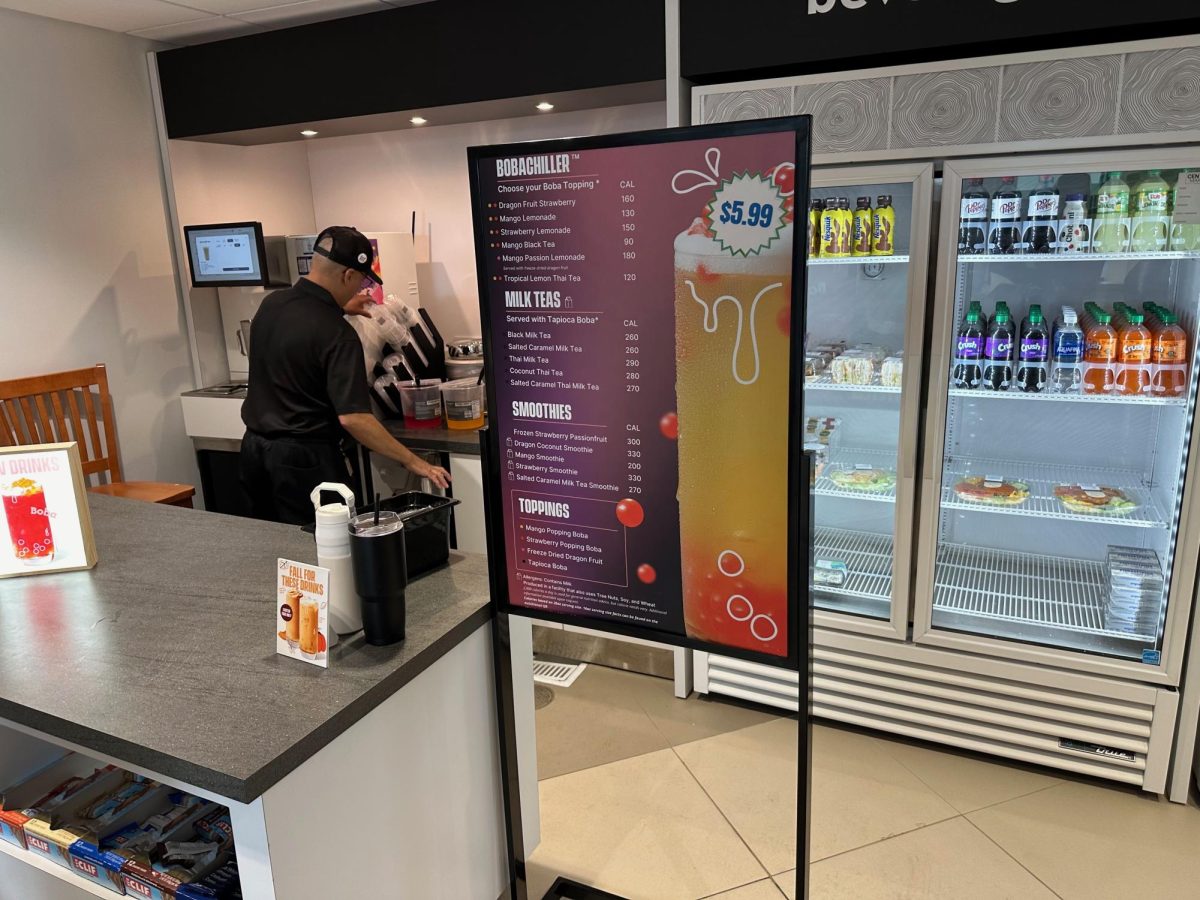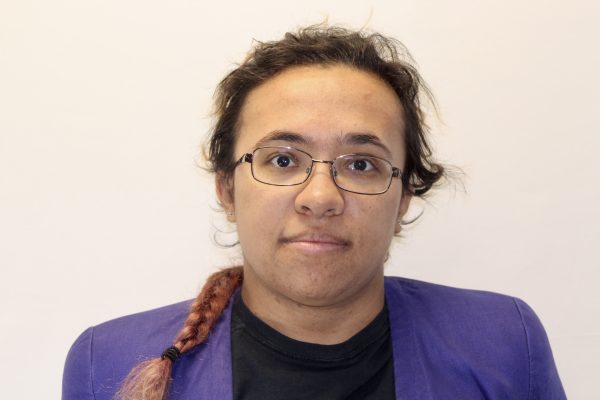Award-winning filmmaker and writer Byron Hurt came to Central Connecticut State University to discuss hip-hop and rap culture’s relationship with masculinity on Nov. 19.
Hosted by the Ruthe Boyea Women’s Center in Alumni Hall, the event discussed Hurt’s documentary film, “Hip-Hop: Beyond Beats and Rhymes.” Released in 2006, the film explores how masculinity is expressed in American culture through the medium of hip-hop and rap music.
Hurt said that he had been inspired to create the documentary after he began teaching about men’s violence against women and introspected about his own ideas of masculinity that he had been raised on. He said that he wanted to deconstruct the ways that boys are socialized into manhood and explore how hip-hop demonstrates that.
“There are all these different things that we do culturally every single day that we don’t necessarily think about, but it becomes a part of the performance of manhood and masculinity,” Hurt said.
Hurt showed clips from his documentary including segments on the 2003 Nelly controversy with Spelman College in Atlanta, Georgia, and the casual sexual harassment and assault of women done outside of a BET Spring Fling hip-hop event in Daytona Beach, Florida. Hurt said that the depictions of women and masculinity in hip-hop music videos have power to determine how people think about Black masculine culture and empower men to reenact what they are seeing and listening to, leading to violence against women.
“The issue is that we as men tend to impose our masculinity and our entitlement onto women in a way in which to think that we have control over their bodies,” Hurt said.
At the end of the event, Hurt advised everyone in the audience to consider what they can do to fight against these toxic masculinity issues and make the world a better place for themselves and others. He then engaged in discussions with audience members and their questions about the film.
Marissa Coke, a student at Central, said that while the issues of masculinity brought up at the event were important, the people who need to learn about it the most were not present. She said that the issues around masculinity are a big problem that need to be addressed.
“There are people who ignore these issues and then those who don’t know about them and that’s not good,” Coke said.
Stephanie Moungvienkhan, also a student, said that the event was great and interesting. She said that it was nice to hear from a man who is trying to educate other men about the bad aspects in which they embody masculinity. Moungvienkhan said that despite Hurt’s efforts, these problems around masculinity remain to this day.
“The fact that he is still talking about it means there’s still an issue,” Moungvienkhan.

